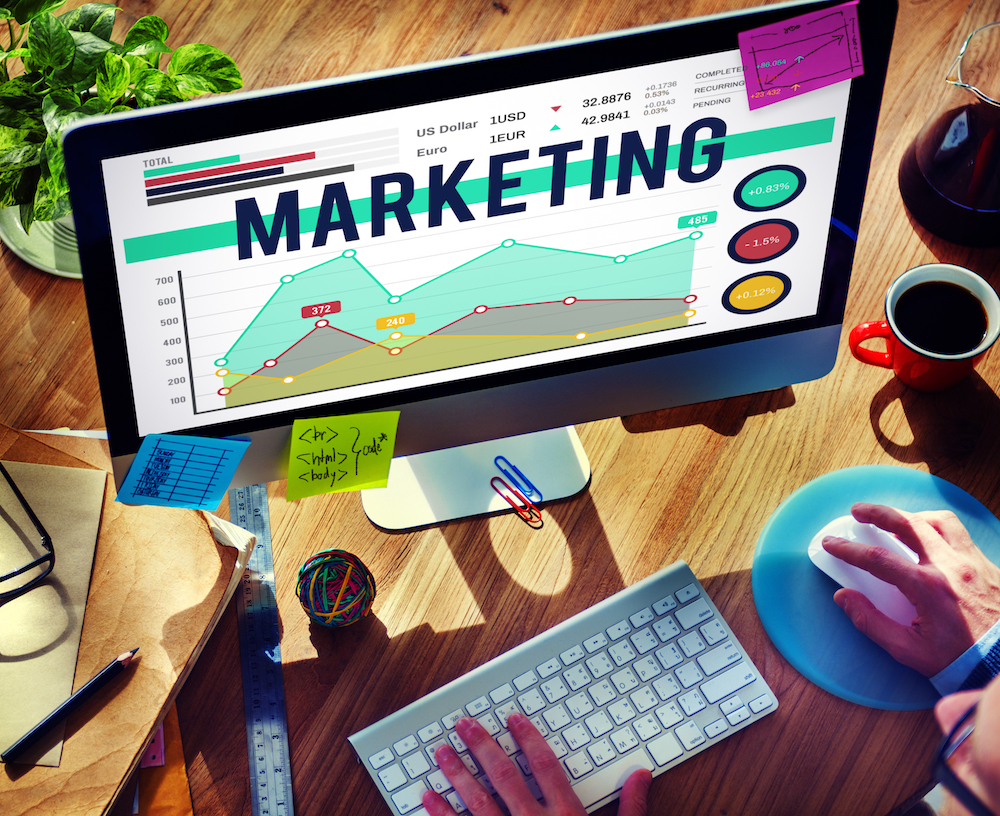Performance-based marketing has taken a back seat following the outbreak of Covid-19 and brands are instead looking to optimise the efficiency and lead conversions and deploy affordable, organic content to keep campaigns on track according to a new study.
Forrester recently released the ‘2020 COVID-10 Crisis Will Stun US Marketing Report’ and it contains a range of new insights about how strategies have been transformed by the pressures of the global pandemic.
First up, investment in marketing technology plummeted almost overnight in March as enterprises targeted cut backs that would save time and money. Advertising budgets were also “slashed” as the focus moved to more affordable and efficient marketing formats and channels.
Martech is likely to suffer for some time yet with Forrester not expecting a recovery in investment until the middle of 2021 at the earliest. This decline will mean CMOs will collectively lose out on $222bn in budgetary funds during the next twelve to 18 months.
The drop off in martech spend which includes ad tech solutions, means overall marketing investment will fall in tandem. Forrester expects spend to be 30% lower at the beginning of 2022 when compared to the figure from 2019.
Forrester noted that consistently delivering brand marketing at scale will be a major challenge for smaller teams that will have to try and deliver high quality customer experiences and programs without the tools and resources they will previously have been accustomed to.
Proof Analytics CEO Mark Stouse saus the recent disruption has forced many marketers to abandon performance marketing investments entirely.
He noted: “Performance marketing, and the martech that enables it, was under question before COVID-19 and the experience of the past four months has really confirmed with the analytics have said previously — that touching customers too aggressively and too frequently actually makes it hard for the sales team to sell.”
Branding efforts through the publication of organic content is taking on a greater precedence during the crisis as it removes the risk and friction that is inherent to advertising programs.
Content is enabling brands to build awareness, confidence and trust organically as opposed to ads and strategies that simply revolve around how many emails or texts can be sent to potential customers every hour even when these comms may not be wanted by recipients.
Martech isn’t going away entirely though as CMOs place great value on marketing automation platforms which are set to see a 3% rate of growth during the year or so.
CMOs will move away from data management platforms and demand side platforms in favour of solutions that are capable of delivering the optimisation and efficiency that will be needed to get enterprises through a very challenging period.
This will result in lead conversion efficiency becoming an “industry KPI”. Brand development consultant Ben Shapiro expects campaigns to build on a goals such lead nurturing and custom retention for the time being as budgets and headcounts are cut back, with “efficiency” now an emerging theme that will soon become commonplace.



